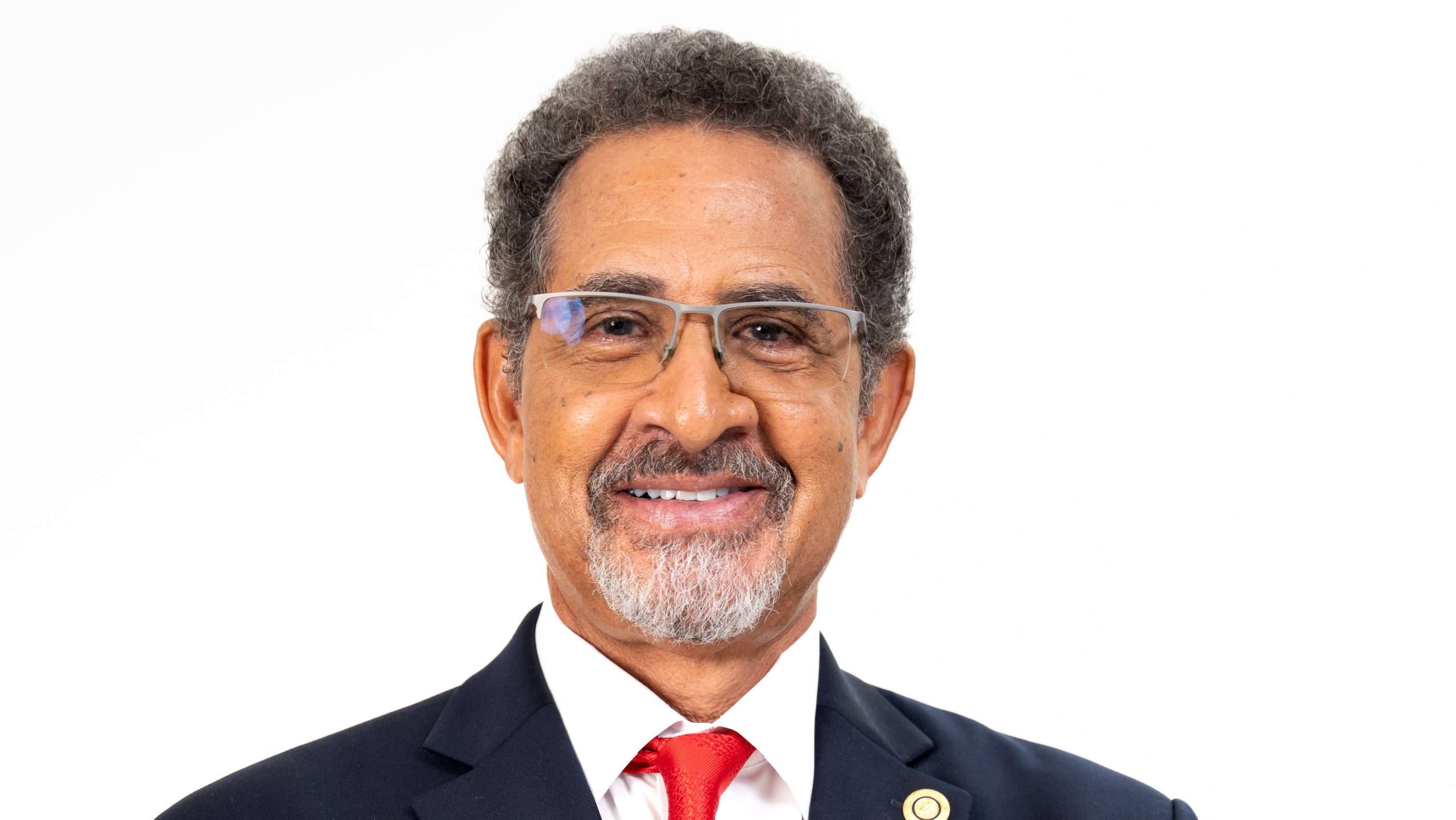Sterling Steps Up with BBB+ Rating As Eastern Caribbean Markets Seek Investment Stability
Eastern Caribbean economies are grappling with a convergence of financial challenges that have long constrained growth. Despite a post-pandemic rebound, these small states face a low-interest rate environment, limited local investment options, and underdeveloped capital markets, which make it difficult to channel abundant liquidity into productive investments.
Against this backdrop, Sterling (St. Lucia) Holdings Limited (SHL) is gaining attention as a viable solution. On April 10, Caribbean Information and Credit Rating Services (CariCRIS), the region’s leading credit rating agency, assigned SHL a BBB+ issuer credit rating for foreign and local currency on the regional scale. A CariBBB+ rating denotes that the company’s creditworthiness is adequate relative to other Caribbean obligors.
SHL is the parent company for the Sterling Group, which has grown its business steadily over the years. One of its key subsidiaries, Sterling Asset Management, is a licensed securities dealer in Jamaica with a solid regional reputation and a portfolio of over US$443 million in client assets.
The BBB+ rating from CariCRIS signals a stable outlook for the Group, backed by projections that it will continue to deliver solid earnings and uphold adequate capital and liquidity positions. Regional market watchers, especially in Antigua and Barbuda, Montserrat, St. Vincent and the Grenadines, Anguilla and St. Lucia, are upbeat about what Sterling’s growing clout could mean.
Embracing a Broader Regional Role
Sterling’s leadership is confident that the new rating will enhance its ability to contribute to the regional economy. “For us, this BBB+ rating is a responsibility,” said Charles Ross, Executive Director of SHL, about the milestone. “CariCRIS’s evaluation affirms that Sterling meets high standards of creditworthiness in the Caribbean. For our clients and partners, it provides an independent assurance of our stability and financial strength. We intend to leverage that trust to broaden the investment opportunities available to Caribbean institutions.”
Ross noted that Sterling has already been working with Eastern Caribbean investors for years, but the formal rating now opens the door for more regulated entities, like regional banks, credit unions and insurance funds, to engage. “Many institutions have internal guidelines that require an issuer or counterparty to have a certain credit rating. Now that we’ve formally cleared that bar, we anticipate deeper collaborations with institutions that were on the sidelines,” he added.





